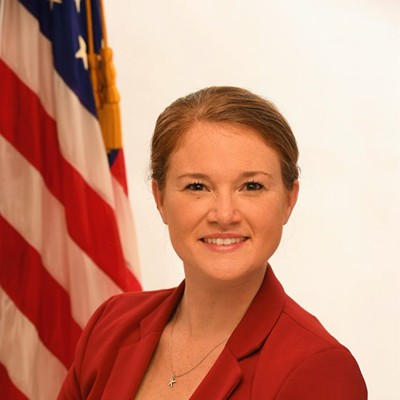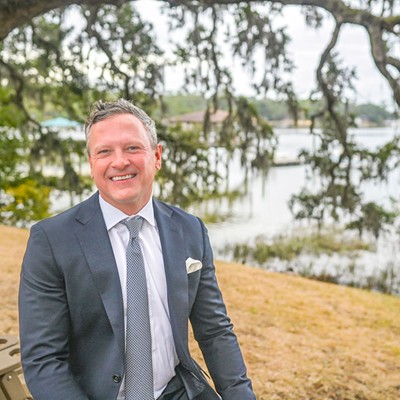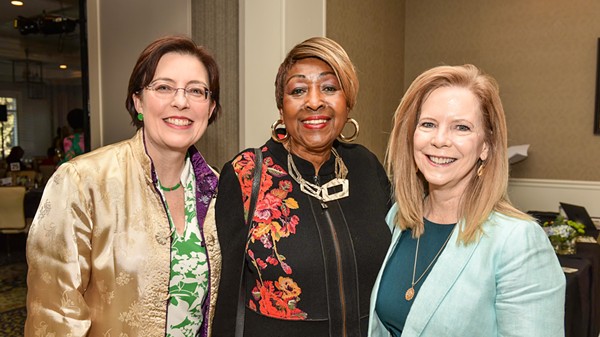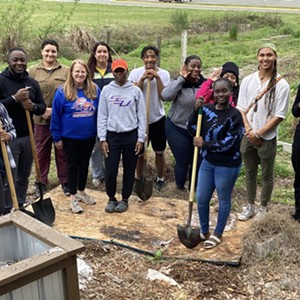AS HE CONTINUED complaining, all I could think was this: “Wow. He has no idea I’m one of the people he’s talking about.”
The subject, of course, was bicyclists and the topic occurred to him as we stood on the sidewalk. He’d observed cyclists rolling through the intersection at the end of the block without coming to a complete stop. A violation of traffic regulations?
Technically, yes. In reality, unless a car is approaching, it’s the rare cyclist who will put his or her foot down and come to a complete standstill at this normally quiet intersection with its unobstructed sightlines and relatively light traffic.
In fact, most motorists don’t stop either. Just like cyclists, they slow enough to determine that no one is coming and cautiously proceed through. There are a lot of intersections like this in Savannah.
As we talked, he eventually arrived at a new idea: That the real danger wasn’t the bicyclists’ rolling stops after all. It was drivers. Not all of them, just those who fly through the intersection at well above the 25 m.p.h. speed limit.
I agreed enthusiastically, thankful that I didn’t have to out myself as a cyclist–as is usually the case–before someone will concede that human–powered two wheelers aren’t the menace they’d originally suggested.
This encounter reminded me of how we perceive each other and our transportation choices. Every “normal” adult is presumed to be a driver.
That’s why we are sometimes surprised to learn that a person regularly rides a bike, especially if he or she does not fall into a demographic group we associate with cycling, such as college students. Or if we have never seen them in the logo–festooned and form–fitting Lyra clothing we imagine all serious cyclists wear.
Without these outward indicators, we might assume the person is not one of “them” and therefore sympathetic to our gripes about cyclists. It’s like feeling comfortable badmouthing the opposing party to a person if you’re fairly certain he or she votes the same ticket as you.
I’m happy to say that those who think this way will need to be more mindful about what they say and to whom in the future. They won’t be safe in assuming the other person agrees that investing in cycling programs and infrastructure is wasteful or that cyclists don’t pay their fair share for using streets and roadways.
They shouldn’t expect a chuckle when they “joke” about buzzing a cyclist to teach them a lesson or give them a scare. The face of cycling is changing in ways they may not detect.
Bicycle subcultures continue to thrive and mutate, creating differences that may not be immediately apparent to outside observers, while overall numbers of cyclists are growing. That means that when you complain openly and indiscriminately about cyclists, it will become increasingly likely the person you’re complaining to is one of “them” and less likely that you’ll initially recognize him or her as such.
And here’s the real kicker: You may become one of “them,” too!
You see, stereotypes don’t work as well when members of the groups they are meant to describe cease to be easily categorized. More and more people, from all walks of life, are realizing the amazing adaptability of bicycles and discovering ways that cycling can fit seamlessly into their daily lives.
Many have taken advantage of the bicycle as a multitasking machine, providing both transportation and exercise. Think of it as a piece of exercise equipment, similar to those found at the gym, that you can actually ride to the gym. Others have learned that pleasant social experiences, like going out to eat with friends, can be even more sociable and pleasant if everyone rides bikes together instead of driving in separate cars.
Still others have figured out that riding their bikes to work allows them to save for when they are not at work: Money not spent on gas, parking and automobile upkeep can fund a nice vacation.
Some are even putting their bikes to work. I was recently shown the frame of a cargo bike that was being assembled by a plumber. He apparently plans to use the bike to transport himself and his tools on calls.
This wasn’t in a bicycle mecca like Portland, mind you, but in a South Georgia town not too far from Savannah.
Folks like these defy standard notions of what cyclists look like, what they can do with their bikes, and where bikes belong. Bicycles are taking on new roles in our community, in our economy and in our discourse.
This makes it almost inevitable that you’ll soon encounter cyclists who are not like “them” at all.

























